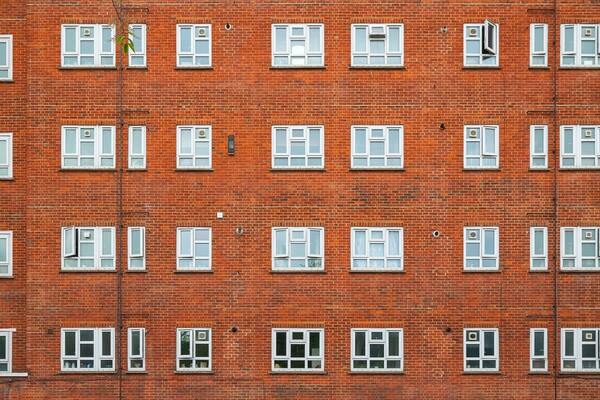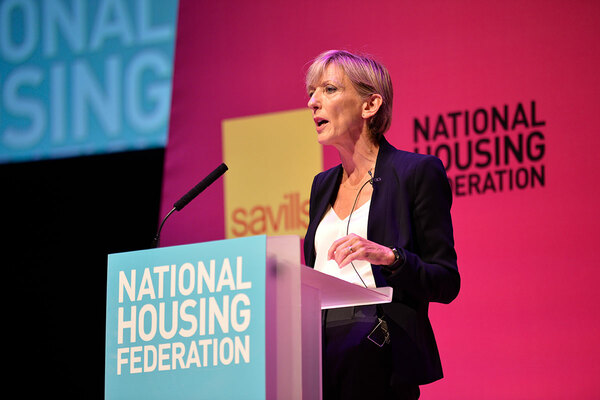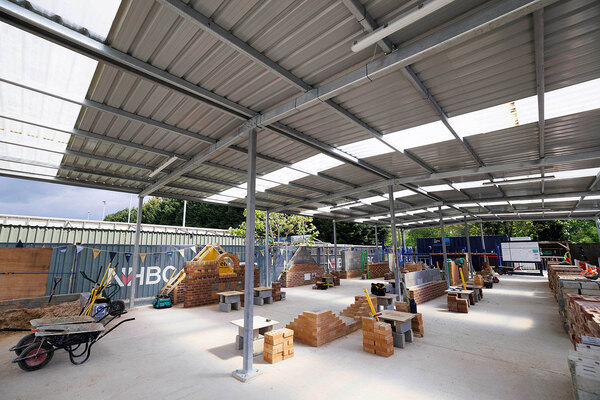You are viewing 1 of your 1 free articles
Government will ‘do all we can’ to support social landlord development post-Covid, says Jenrick
Ministers will try to support social landlords “to keep up the momentum” on housebuilding amid the coronavirus pandemic and pressures on sector finances, housing secretary Robert Jenrick has said.
Addressing the National Housing Summit yesterday, Mr Jenrick told delegates the public health emergency has made increasing the supply of social and affordable homes “an even more urgent, even more important mission for the country”.
He added: “Given the lasting challenges the pandemic has created, I know this is easier said than done.
“But we’re determined to do all we can to support you – social landlords who make an important contribution to housing delivery – to keep up the momentum on supply.”
Elsewhere, the minister acknowledged that challenges such as the building safety crisis and the government’s target to reach net zero carbon by 2050 “places a lot of pressure on the sector and forces you to make hard choices that you wouldn’t ordinarily want to have to make”.
But Mr Jenrick told housing associations he was “keen to work in partnership with you every step of the way to overcome these challenges”.
He later added he has “no doubt” that the country’s economic recovery from COVID-19 “will, in no small part, be powered by the provision of more affordable housing”.
Development by social landlords has risen steadily in recent years, but there are concerns that huge costs associated with building safety and decarbonisation could impact pipelines.
L&Q, the sector’s largest builder, will see its target to deliver 10,000 homes a year slashed to just 3,000 over the next three years.
Housing bodies have called on the government to fund a massive grant programme aimed at dramatically increasing social and affordable housebuilding in the wake of the pandemic, but so far there are no signs of ministers committing more than the £11.5bn agreed from 2021 to 2026.
Elsewhere in his speech, Mr Jenrick expressed a desire to see an increase in affordable housing development in rural areas, calling on housing associations “to work with our delivery partners to unlock this untapped potential, especially on sites that could be suitable for the Affordable Homes Programme”.
Later in the day, shadow housing secretary Thangam Debbonaire claimed the government’s response to the coronavirus crisis “didn’t have any attempt to deal with the underlying problems” in the housing market, including a “chronic shortage of truly affordable homes”.
“As we come out of this crisis, there are urgent tasks to make housing a human right,” she said.
“Make council and social housing a priority but not the only priority – people still want to buy their own home and there is an issue of justice and inequality if we have a default setting that the economic and social benefits of property wealth in older age are restricted and working people do not have access to them.”
Sign up for our daily newsletter
Already have an account? Click here to manage your newsletters














